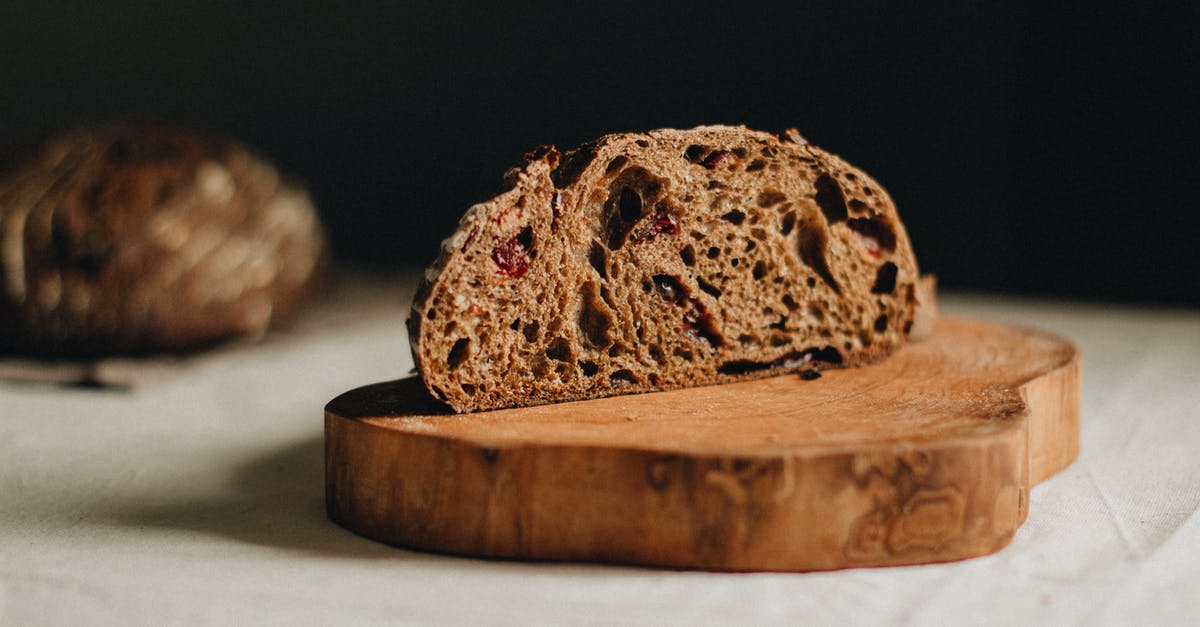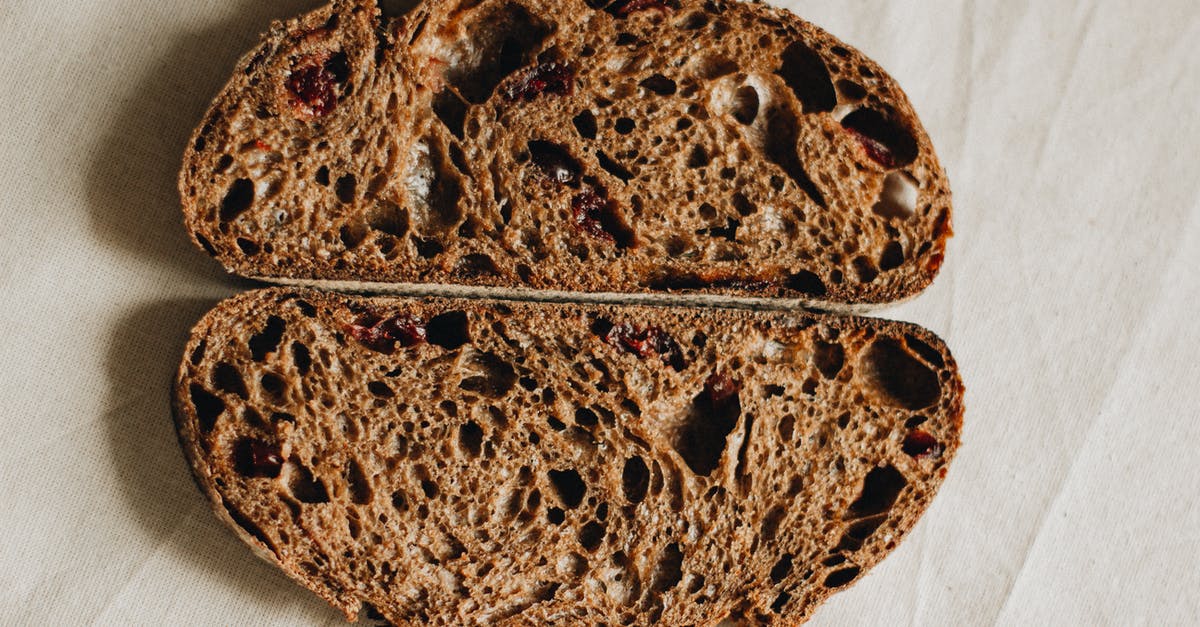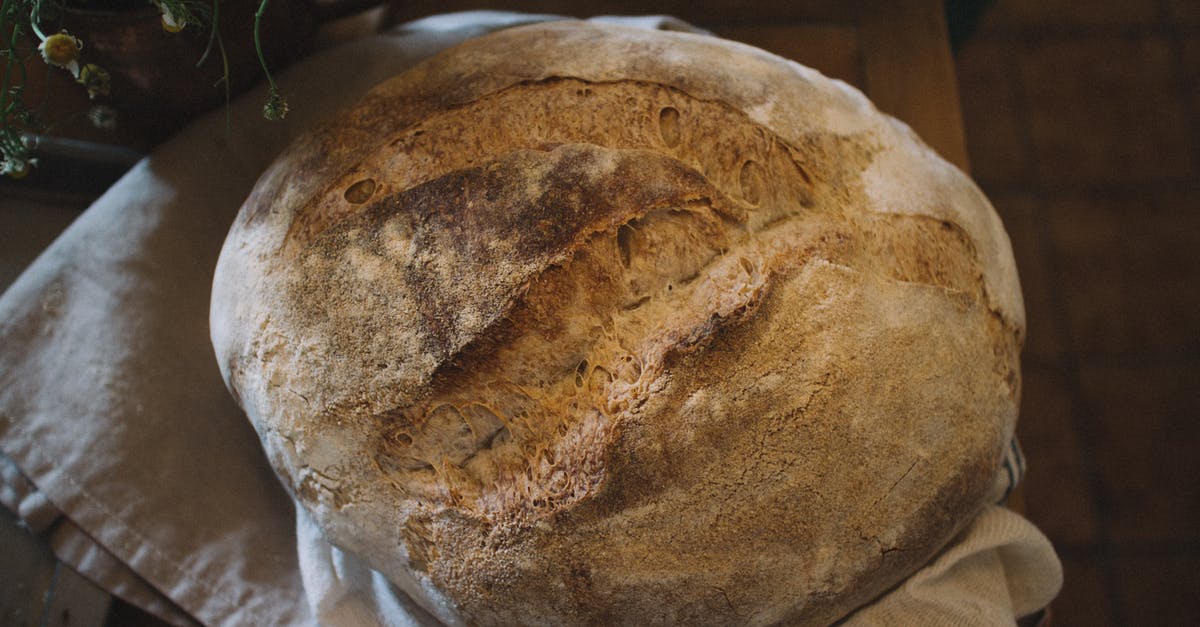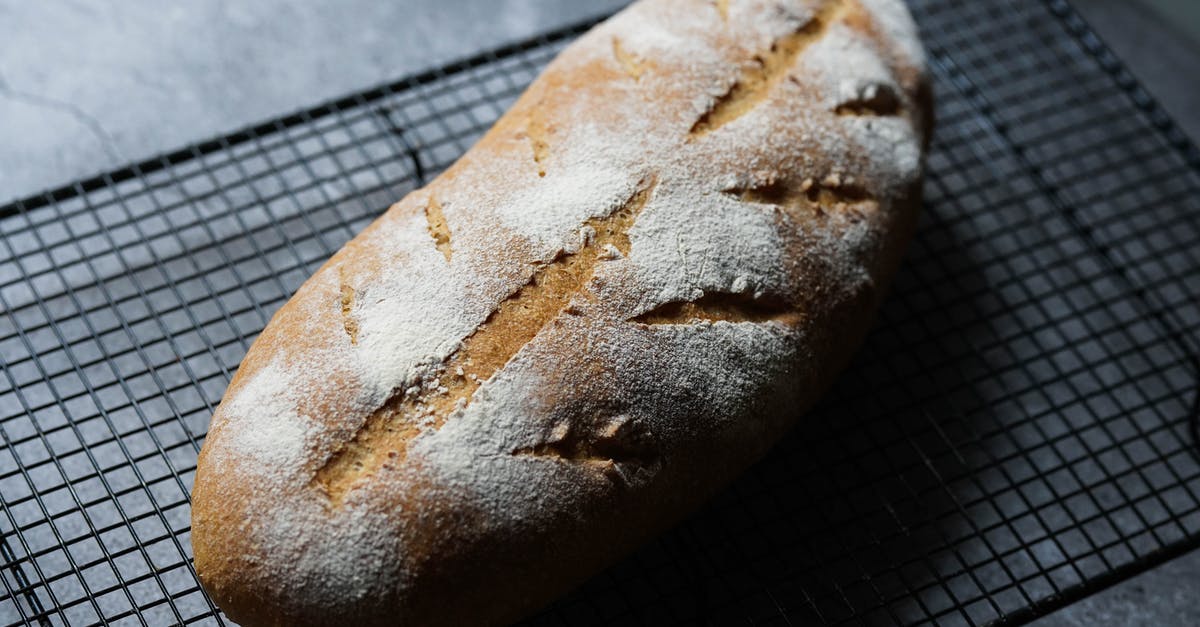Why is my sourdough too sweet?

I’ve been feeding my 40g sourdough starter with 40g water and around 45g wholemeal flour (for a firmer consistency, as I’ve had bad experience with liquid accumulating on top) each day. It initially started smelling quite acidic and yeasty and started bubbling nicely.
From what I had read online, I was afraid that my first bread would be way too sour. But in fact the opposite was the case: after a few days, my starter stopped smelling sour altogether and started smelling almost unbearably fruity-sweet instead. The starter was still good however, so I made bread from it, using a variation of the beginner’s sourdough bread from The perfect loaf. The bread came out alright but rather than tasting sour, it tasted fairly sweet.
I don’t mind the taste that much but I’m still wondering what’s causing my nicely active sourdough to smell and taste distinctly sweet and not the least bit sour. From what I’ve read, the opposite should be the case: my firm sourdough should be more acidic.
For reference, the sourdough jar is standing next to a radiator but my house isn’t heated during the working hours, nor between midnight and 7am, and will get down to 16 °C. To compensate, I’ve wrapped a kitchen towel around the jar.
Best Answer
Lack of sour indicates more yeast activity over the souring lactic acid bacteria (LAB), and using a firm starter from that link favors yeast and not LAB. For more sour, increase the water content. There's a bunch of other dials you can fiddle with, Ken Forkish in "Flour Water Salt Yeast" indicates that a "warmer levain cultures encourage lactic acid production", your 16 °C favors acetic acid production. Keep the temperature around 26C to 32C to favor LAB. (Perhaps use an insulated box to help avoid the nighttime temperature swings?) Another point would be what temperature water are you hitting it with; tap water during winter could be quite cold (I use room temperature water that has stood to evaporate off the municipal chlorine). Other things to experiment with might be adding small amounts of salt (though this will slow down the ferment) or changing the flour or mix of flours used; whole grain vs. not, rye vs. wheat, etc.
A notebook may help; track ambient temperatures (min/max), temperature of the water used, amount, type of flour, plus any notes on what the starter looks and smells like.
Pictures about "Why is my sourdough too sweet?"



5 WAYS TO GET A BETTER OVEN SPRING | SOURDOUGH BREAD TIPS
More answers regarding why is my sourdough too sweet?
Answer 2
If possible, get a small heating pad of some sort, or even a hot water bottle, and try to increase the temperature environment for your starter. 16*C (60*F)is a bit too chilly, try to warm it up 10-15*, and then wrap a towel around it. I have also microwaved towels to heat them a bit, and hospitals will do that also.
Although the ASH content of flour is not anything that is normally part of a discussion in any home, try to find out from online the amount of ASH in the flours you are using. It is really telling you (basically) how many minerals is on the flour. When they test for calories../per serving..., they burn some quantity of that product. For example, they may burn 1 c. of flour, and, you can look up the test results of a flour. King Arthur Bread Flour quotes 0.48% ash, and its other protein amounts:
King Arthur Unbleached Bread Flour 12.7% Protein • .48% Ash
- Milled from hard red spring wheat from the northern Great Plains.
- 12.7% protein – higher than ordinary bread flours.
- Never Bleached. Never Bromated.®
- Contains no abscorbic acid (a yeast stimulant), letting the baker choose whether or not to add ....that (optional ingredient).
I was extremely disappointed by my starter, at first, and part of that was it seemed too thin, and too sweet. I decided to experiment with it, since it about totally quit on me when I started it, and I changed completely the ratios told. Instead of basically equal parts of flour to water, I doubled the amount of flour to water, by weight. I changed it's eating habits! The amounts came out to roughly 1 c. flour to 1/4 c. water, which I didn't measure very, very carefully, I just knew I had to feed it, thicken it!
If I could describe to you what I added, I would say...it was so thick, that it would not fall off of my wooden spoon by itself, I had to push it off with my fingers! It was so thick, I found out that it was best if mixed in a separate bowl first, and once all the flour was totally moistened, then I would add it to the starter and mix it into that. It was even a bit hard to mix it up!
I also did not reduce the amount of my starter for a 2 days, and fed it twice a day on both days...with no reduction of starter. Then, I reduced it some, but probably only by... 1/2 of the total starter accumulating. I did not go back down to ...1 c. starter to... normal weights and measures. I wanted MUCH action in there, and wanted it to start smelling sour, which it did! I have a great starter now, with (to me) the perfect amount of sourness in a loaf. Fairly sour! Enough that it is tasty when mixed with 4 c. of flour into a loaf of bread.
This reply is getting lengthy, but would like to add one more thing: a longer ferment will add a bit more sourness to your goal, be it bread, pizza dough, etc. Now, if I could only learn how to do a real 'artisan' style loaf and learn how to handle soft, sticky dough!
Sources: Stack Exchange - This article follows the attribution requirements of Stack Exchange and is licensed under CC BY-SA 3.0.
Images: Marta Dzedyshko, Marta Dzedyshko, Monserrat Soldú, Cats Coming
